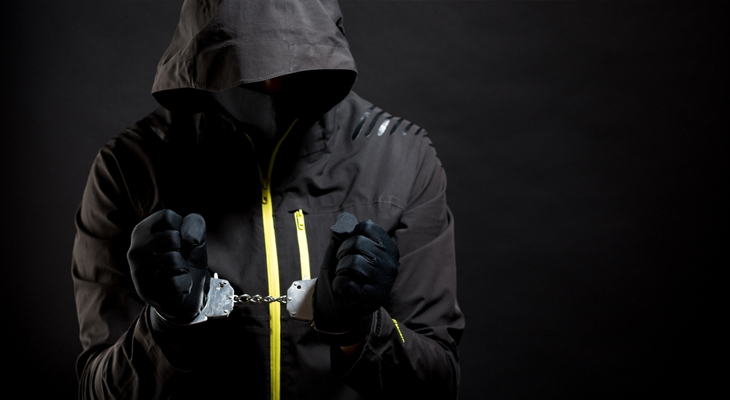
There is no denying that the Canadian police are endowed with an unfathomably vast amount of authority. However, this power results from the highly sensitive and crucial law enforcement duties that rest upon their shoulders. The police have a responsibility to ensure that society is disciplined and that the action of one individual does not inflict harm or loss to another. To adequately carry out these duties, the police are granted the power to stop, detain, question, search, arrest, utilize weapons, and use other types of force to protect the public’s interests.
However, the immense power should not ever be a reason for Canadians to perceive that there is no oversight or accountability mechanism in place to watch over the actions of the police. In truth, the police are subjected to the same law they are trying to enforce. Resultantly, the police are liable to explain and assume responsibility for their use of power.
Thus, if you believe you are being unlawfully detained, arrested, or denied your rights, step up and request legal services from a reputed criminal defence lawyer to assess whether your rights have been infringed.
Numerous authorities like the Canadian Civil Liberties Association work tirelessly to ensure that government and private entities vested with immense power and at risk of unconscious bias do not trespass their boundaries while performing their duties. Hence, power should never be a source of intimidation in a civilized society where clear-cut rules and consequences are implemented to protect the public’s constitutional rights.
To help individuals take a stance for their rights, we present this blog post to provide a brief yet systematic and coherent overview of unlawful detention and arrest and the factors that surround these areas.
Read Also: Arrested Or Detained In Alberta? Here Is What You Need To Know
Possible Interactions With The Police
By law, the police are not allowed to approach an individual standing by the roadside unless they have a proper reason or do so as a genuine friendly gesture. Therefore, it would be wrong to regard every encounter with the police as detention. But if the police stop you with an implicit investigative intention, the act will fall into one of the following two legal categories:
- Investigative Detention: In this case, law enforcement officials implicitly or explicitly impose significant physical or psychological restraints that suspend an individual’s liberty or freedom. The simplest way to distinguish between a casual conversation and a detainment is the freedom to walk away. If you are given an impression or are told that you can not walk away while the police talk to you, you are being detained (R v Grant). The police often hold individuals to carry out investigative checks if they suspect that the individual is involved in a crime or is in some way connected to it.
- Arrest: Contrarily, an arrest is an explicit physical seizure of a person’s liberty by the use of any kind of force. Thus, merely ‘saying’ that a person is being arrested is not sufficient (R v Whitfield).
- Search/seizure: This is whereby officials carry out an inspection or take objects where an individual has reasonable privacy interests in the latter. However, such actions must be authorized by law, the relevant law must be reasonable, and the way these actions are performed should also be reasonable (R v Nolet).
The Charter Of Rights And Freedoms
Given the possibility of unconscious bias, mistake, or even misuse of authority, the Charter Of Rights And Freedoms protects individuals from unlawful provincial interference. While Section 9 of the charter protects an individual’s right not to be arbitrarily detained or imprisoned, Section 8 protects the right to be secure against unreasonable search or seizure. However, the onus to prove that they were arbitrarily detained or imprisoned is upon the accused.
In order to determine whether an unlawful arrest or detention has occurred, the Supreme Court of Canada has put forth an analytical framework consisting of two steps:
- Was the individual detained or imprisoned?
- Was that detention or imprisonment arbitrary?
Thus, you first have to prove that you were detained or imprisoned. Once that is done, the next step is to prove that the detention or arrest was unlawful. In criminal law, the threshold used to determine the lawfulness of any action is reasonable grounds. The same applies here as well.
Evidently, the subject matter is quite vast, and a thorough explanation through a blog post is impossible. To fully understand your rights and the possible course of action, get a free consultation from one of our highly reputed criminal defence lawyers. If you are facing any criminal charges, request our high-end defence services to ensure swift resolutions.
About Slaferek Law
We understand that a lot is at stake when an individual is charged with a criminal offence. For this reason, our team of professional criminal lawyers employs their full resources, experience, and seasoned skills to bring you the desired results. Learn more about Slaferek Law and our practice areas.
Need defence against criminal charges? Contact us now.
